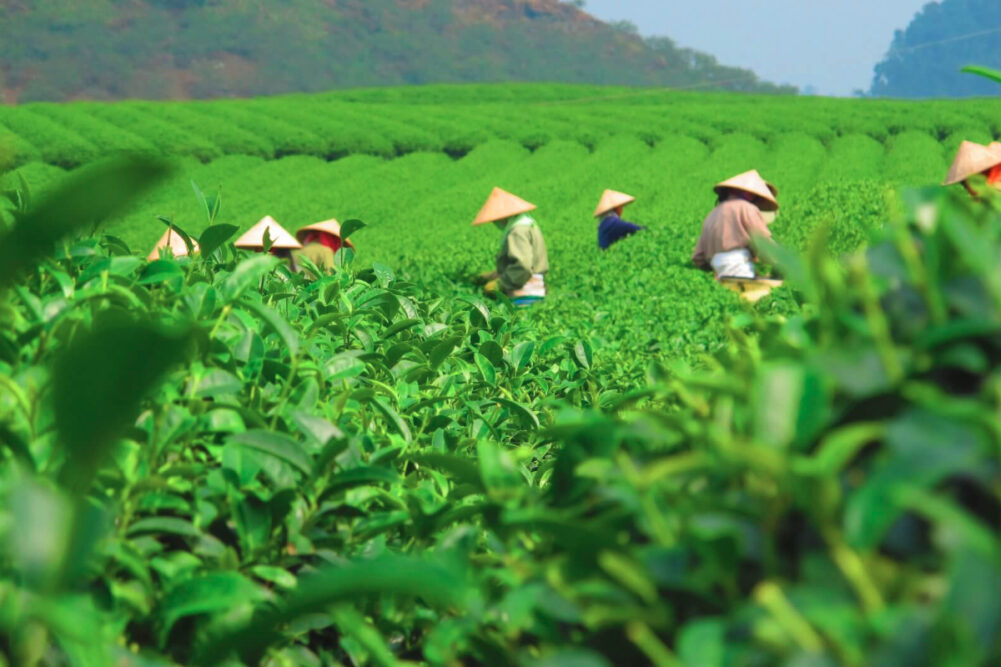 KANSAS CITY — The rising importance of sustainability in supply chain management is prompting food and beverage manufacturers to adopt a dizzying number of initiatives that require implementation protocols and verification. The differing verification procedures required to achieve certification is a drain on resources better directed toward creating more sustainable operations. An initiative launched by the Consumer Goods Forum seeks to streamline verification efforts to bring greater consistency to the market.
KANSAS CITY — The rising importance of sustainability in supply chain management is prompting food and beverage manufacturers to adopt a dizzying number of initiatives that require implementation protocols and verification. The differing verification procedures required to achieve certification is a drain on resources better directed toward creating more sustainable operations. An initiative launched by the Consumer Goods Forum seeks to streamline verification efforts to bring greater consistency to the market.
The group’s Sustainable Supply Chain Initiative (S.S.C.I.) is designed to promote good social and environmental practices in global supply chains by benchmarking and recognizing third-party audit programs that can evaluate progress. The S.S.C.I. is not another standard. It is meant to provide clear guidance to manufacturers about which third-party auditing and certification programs cover sustainability requirements.
The S.S.C.I. is modeled after the Consumer Goods Forum’s successful Global Food Safety Initiative (G.F.S.I.). Founded in 2000, the G.F.S.I. led to the harmonization of food safety auditing programs throughout the world. The program was created because many food and beverage manufacturers struggled to comply with food safety verification programs from different countries and customers. The G.F.S.I. established consistent criteria for the evaluation of compliance and progress so manufacturers could focus on actual food safety vs. auditing and verification.
Initially, the S.S.C.I. includes the benchmarking of social compliance programs, addressing issues of child labor, forced labor and discrimination. The program includes a self-assessment by businesses followed by an independent expert review.
The S.S.C.I. benchmark launched this past October and focuses on processing and manufacturing. Additional elements of the program under development will include primary production/agriculture and at-sea operations for seafood harvesters and processors.
The launch of the S.S.C.I. occurs as market researchers continue to highlight how sustainability has become a component in the purchasing decision of a growing number of consumers. The International Food Information Council Foundation says people in 2020 will become more concerned about the role the food system plays in climate change, including the effects of agricultural production, food waste and transportation of goods. The group predicted consumers will seek greater understanding of the term sustainability in 2020, and concepts like soil health and regenerative agriculture may gain traction.
Research by Innova Market Insights shows that in 2018 65 per cent of global consumers said they expect companies to invest in sustainability. The percentage increased to 87 per cent in 2019. Challenging multinational companies will be the sustainability priorities of consumers in different countries. French consumers, for example, care most about organic, according to Innova. Animal welfare is the top concern in Germany, and food waste is the leading concern among American consumers.
The members of the Consumer Goods Forum, which includes the largest retailers and food manufacturers in the world, recognize that if people lose trust in a sustainability claim or standard that all standards may suffer a loss of credibility. The S.S.C.I. is a tool with the potential to bring order to a chaotic situation and allow stakeholders to focus more on programs that meet consumer expectations.





